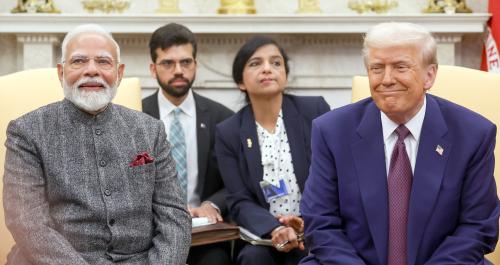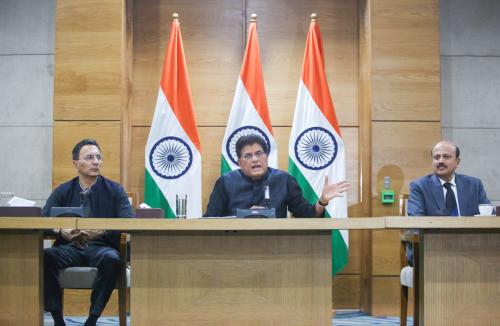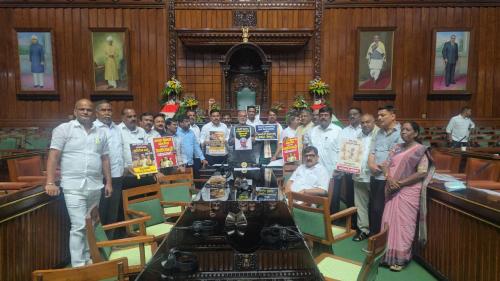By Udayshanker Kasinadhuni
Via e-mail
The two letters — one by Babu Suseelan (Hindutva is based on universal guidelines of Sanathana Dharma) and the other by Prem Sabhlok (Vedic knowledge is root of Plato’s Western philosophy) — published in India Tribune dated February 18 have one thing in common and that is the Vedas, the foundation of Hindu thought and way of living.
India declared itself as a Secular Democracy at the time of independence whereas Pakistan chose to become an Islamic Democracy. Since independence, India did not change its course whereas Pakistan split into two and its so-called democracy has been under military control for most of its existence. The success of secularism is self-evident and the failure of Islamic governments as democracies is becoming increasingly and painstakingly obvious.
All successful democracies today are flourishing because of secularism. There is no denial of this fact and efforts to make India a Hindu nation would be asking for disaster. Exclusion politics and insulation from other cultures would invariably lead to stagnation and stunting of economy. As Rabindranath Tagore and Swami Vivekananda said there should be no fear in our thoughts, words or deeds. The Vedas declare that we are all one — Amrutasya Putraah —immortal fearless children. India welcomed foreign invaders with open hands because our forefathers were fearless unlike our Hindutva brothers, who are fear-mongers. Our borders were always open for foreigners because we have always been fearless people because true Hindus believe all humans are one family as our Vedas declare Vasudha Eka Kutumbakam.
Hinduism and its glory were greatly and immensely enhanced because of its all inclusive fearless philosophy. Swami Vivekananda gave a wake-up call when he addressed the entire nation as “Lions of India.” The fear-mongering techniques of Hindutva brigades are contrary to Hindu thought, culture and philosophy. The word Sanatan Dharma merely indicates the all-inclusive universality and applicability for the entire human race without artificial religious barriers and divisions between people. Sanatan Dharma emphasizes only four fundamental human rights — “Dharma, Artha, Kaama, and Moksha, and does not talk about God as a human requirement or Purushartha. No wonder then all the hell is breaking loose over this subject of God but not over human rights. Sanatan Dharma is about Human Rights and not about God at all. India should stand for Human Rights and not for any particular religion, however, great it may be. In the name of Hindutva, human rights will be mercilessly sacrificed and trampled upon as it is happening in Islamic countries.
We are already seeing the havoc being caused on Valentine’s Day by these fear-mongers. Our wise brave forefathers and freedom fighters have chosen a course for us and we should not sacrifice it because of fear, timidity and cowardice. India should be an open country with open-minded people unlike our close-minded Muslim brethren. An open mind has unlimited potential whereas a close mind will invariably stagnate. Moksha stands for unlimited individual freedom, liberty and it is becoming increasingly evident in recent times its eminent importance where in the name of God anti-vice squads are unleashed upon innocent public and their freedom being sacrificed in the name of Islam. The Vedas and Sanatan Dharma are based on fore-vision of our ancient seers or rishis and not on obsolete traditions and superstitions.
Adi Shankara emphasized learning and wisdom. The Bhagavad-Gita declares that Jnana Agni the Fire of Wisdom dispels ignorance and sin in its entirety and all superstitious rituals as redundant and hence totally inconsequential. Secular education alone is most important as a public policy for there should be strict separation of church and state for there is no point repeating same mistakes again and again. We should not ignore the past but it should be used as a platform to spring forward with new ideas and new broad visions. The Vedas are our stepping stones to launch ourselves with our own vision and broad mind. The Vedas are universal knowledge and wisdom and not the monopoly of any particular race.












